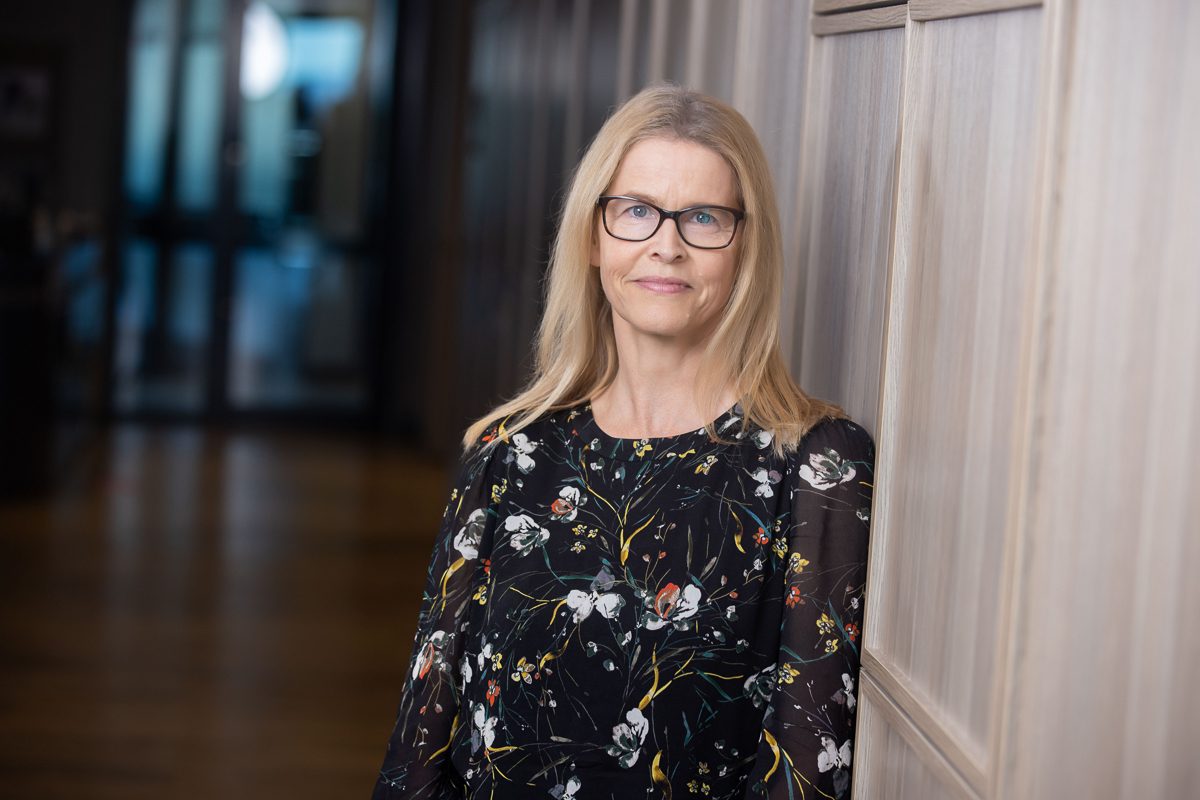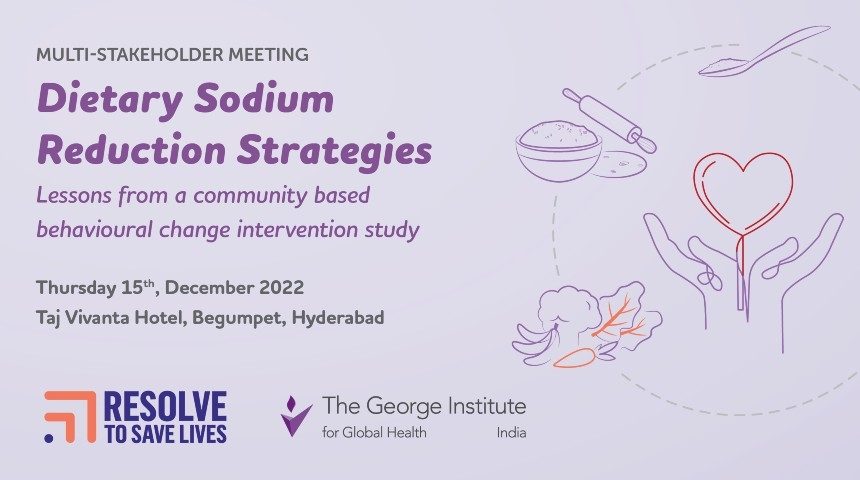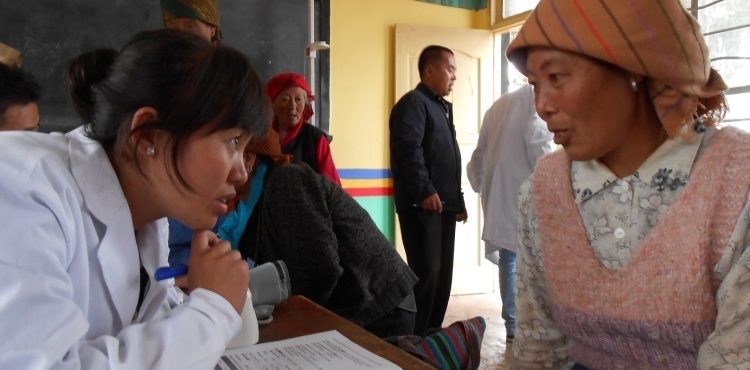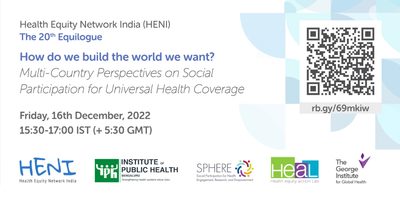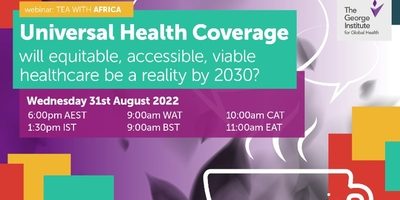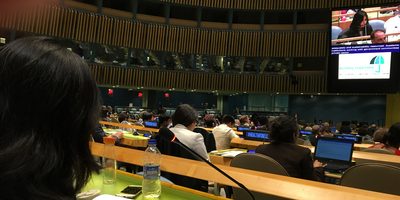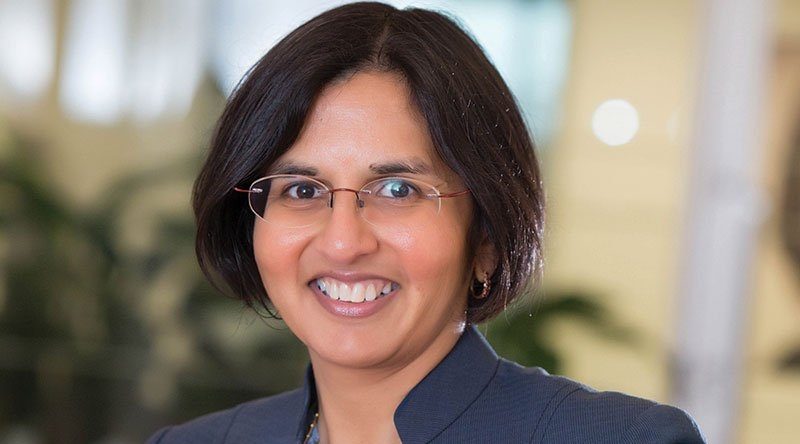Professor Simone Pettigrew, Program Director, Health Promotion and Behaviour Change, at The George Institute has been awarded nearly $800k over three years to develop and apply a world-first system for monitoring the alcohol market.
The award is part of the Government’s National Health and Medical Research Council 2022 Ideas Grant scheme, which supports innovative projects addressing a specific question in any area of health and medical research.
Alcohol use is deeply ingrained in Australian society, accounting for nearly five percent of our total disease burden and causing 6,000 deaths per year.
While there are favourable downward trends, Australians remain heavy drinkers by world standards, consuming 9.5 litres of pure alcohol each per year, and the size and influence of the highly concentrated alcohol industry presents challenges for regulators.
This project will deliver a world-first system for monitoring, analysing, and reporting on the Australian alcohol market. It will generate comprehensive and unique new data to inform evidence-based alcohol policy relating to product composition, on-pack product promotion (including the use of nutrition and marketing claims), and compliance with product labelling requirements.
To deliver this system efficiently and cost-effectively Prof Pettigrew and her team will leverage existing infrastructure developed by The George Institute to monitor the food industry – the FoodSwitch platform.
As well as monitoring and tracking the alcohol market over time, the team will also conduct focus groups and surveys to assess how drinkers respond to different product attributes like ‘low sugar’ or pregnancy warning labels and to what degree they influence purchasing decisions.
Prof Pettigrew said that this work would shed light on the nature of the alcohol market and likely implications for alcohol consumption of marketplace trends and changes in alcohol policy.
“The information generated from our project will optimise the potential for alcohol policy interventions to improve health outcomes and help prevent avoidable deaths, disease, and injury from alcohol use,” she said.


